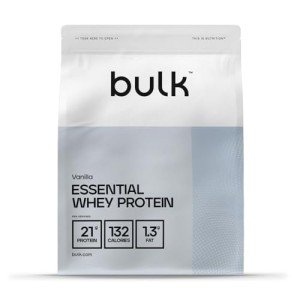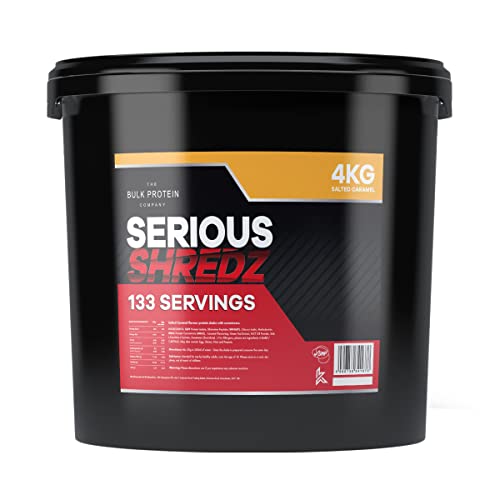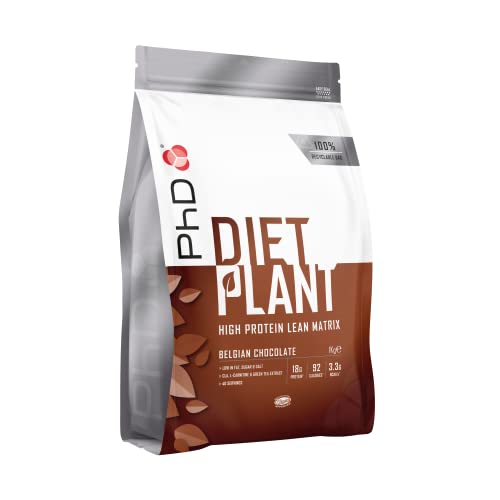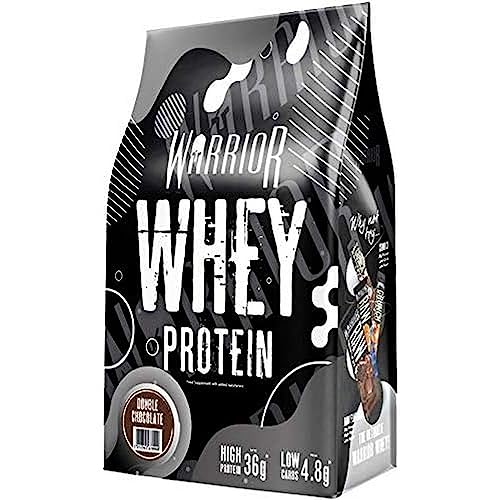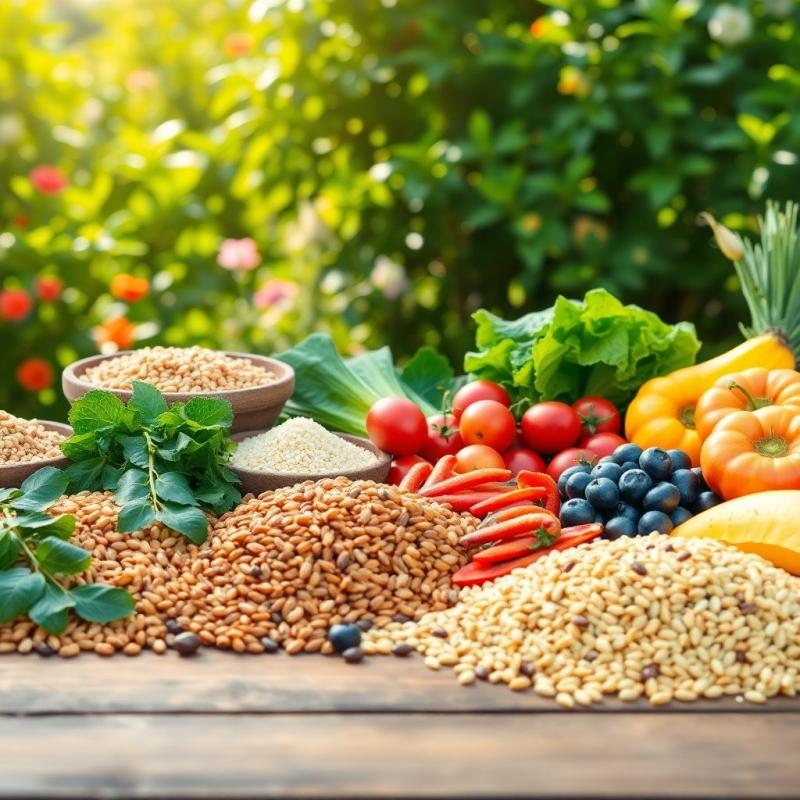What is an optimal diet
Optimal diets are those that are taken on by athlete's . They are designed to ensure optimal performance. As this is greatly influenced by their diet and nutrition.
Optimal diets, designed to boost athletic performance and aid in recovery, play a crucial role in enhancing endurance, strength, and overall physical abilities.
Key nutrients such as protein, carbohydrates, and fats serve as the foundation for a well-rounded athlete's diet. Proteins are essential for muscle repair and growth, providing the necessary amino acids to rebuild and strengthen muscle tissues. Carbohydrates, on the other hand, act as the primary source of fuel for the body, supplying the energy required for intense training sessions and competitions. Meanwhile, healthy fats are vital for maintaining hormonal balance and promoting proper brain function.
While macronutrients are important, athletes must also focus on consuming an array of micronutrients. Vitamins and minerals aid in various bodily functions, including recovery, reducing inflammation, and supporting the immune system. For instance, vitamin C plays a crucial role in collagen synthesis, supporting joint health and preventing injuries, while iron is essential for carrying oxygen to muscles, preventing fatigue, and optimizing performance.
Hydration is another critical aspect of an athlete's optimal diet. Proper fluid intake ensures efficient nutrient transport, regulates body temperature, and maximizes performance. Experts recommend athletes drink enough water to maintain hydration throughout the day and consider consuming electrolyte-rich beverages during intense training or prolonged exercise to replenish lost minerals and nutrients.
The winning plate: Maximize performance with a balanced diet
Eating a balanced diet is crucial for maximizing athletic performance and supporting efficient recovery. Just like a well-oiled machine, the body needs the right combination of nutrients to operate at its best. A balanced diet ensures that athletes have the energy, strength, and endurance they need to excel in their chosen sports.
Protein, carbohydrates, and healthy fats are the three macronutrients that are essential for athletes. Protein is particularly important for muscle repair and growth. Sources of lean protein such as chicken, turkey, fish, eggs, and beans should be a key component of every athlete's diet. Carbohydrates, on the other hand, provide the body with the fuel it needs for intense physical activity. Whole grains, fruits, and vegetables are excellent sources of complex carbohydrates that release energy more steadily, enabling athletes to sustain their performance for longer periods.
In addition to macronutrients, athletes should also prioritize getting plenty of vitamins and minerals. These micronutrients play a crucial role in supporting overall health and optimizing athletic performance. Eating a variety of fruits, vegetables, nuts, and seeds ensures that athletes get an array of vitamins and minerals that support different bodily functions. Antioxidants found in colorful fruits and vegetables also help to reduce inflammation and protect against oxidative stress caused by intense exercise.
Timing is key: Fueling athletic recovery with smart eating
Proper nutrition plays a crucial role in enhancing athletic performance and aiding recovery for athletes of all levels. While a well-balanced diet is essential, the timing of meals and specific nutrients consumed can make a significant difference in optimizing results. Timing meals appropriately ensures that athletes receive the necessary energy to fuel their workouts and efficiently replenish their bodies post-exercise.
One essential aspect is consuming carbohydrates before engaging in physical activity. Carbohydrates are the primary source of energy for the body, and consuming them pre-workout helps to enhance glycogen stores in muscles, providing sustained energy during exercise. Including foods like whole grains, fruits, and vegetables in pre-workout meals can provide athletes with a valuable source of carbohydrates.
After an intense workout, the body needs nutrients to repair and rebuild muscle tissue. Including protein-rich foods in post-workout meals is crucial for muscle recovery and growth. Foods such as lean meats, fish, tofu, and dairy products can provide athletes with the necessary amino acids to aid muscle repair. Additionally, consuming carbohydrates after a workout helps replenish glycogen stores and aids in recovery.
Supercharge your workouts: Enhancing performance with nutrition
Nutrition plays a crucial role in optimizing athletic performance and aiding in faster recovery. To get the most out of your workouts, it's essential to fuel your body with the right nutrients before, during, and after exercise. This article will delve into the key dietary elements that can supercharge your workouts.
1. Pre-Workout Fuel
Before heading to the gym or hitting the track, it's vital to consume a balanced meal to provide your body with the energy it needs. Aim for a combination of carbohydrates, lean proteins, and healthy fats. Carbohydrates serve as the primary fuel source, so include whole grains, fruits, or starchy vegetables in your pre-workout meal. Lean proteins, such as chicken breast or tofu, help repair tissues and promote muscle growth. Lastly, healthy fats from sources like avocados or nuts provide sustained energy and support joint health.
2. During Workout Hydration
Staying hydrated during exercise is critical to maintain optimal performance. Dehydration can lead to reduced endurance, muscle cramps, and fatigue. While water is sufficient for shorter workouts, intense or prolonged exercise requires more than just water. Consider consuming sports drinks that contain electrolytes to replenish the minerals lost through sweat. Electrolytes like sodium, potassium, and magnesium aid in fluid balance, nerve function, and muscle contractions.
3. Post-Workout Recovery
After a grueling workout, your body needs proper nutrition to recover and repair muscles. Consuming a combination of carbohydrates and proteins within 30-60 minutes post-exercise can jumpstart the recovery process. Carbohydrates replenish glycogen stores, while proteins help repair damaged muscle tissues. Opt for a balanced meal or a protein shake that includes a mix of easily digestible carbohydrates and high-quality proteins like whey or plant-based alternatives.
By focusing on proper nutrition before, during, and after workouts, athletes can enhance their performance and promote faster recovery. Experiment with different foods and ratios to find the optimal diet that works for you. Remember to consult with a healthcare professional or registered dietitian to develop a personalized nutrition plan tailored to your specific needs and fitness goals.
Visit Home Fitness World For More Fitness Advice

